Living naturally encompasses many different areas, all of which are great for your physical, mental, and emotional health. The benefits of growing your own food can boost your physical health, save you money, and you’re sure that your source of food is organic. Before you get started with your home garden, here are some tips for how to grow your own food.
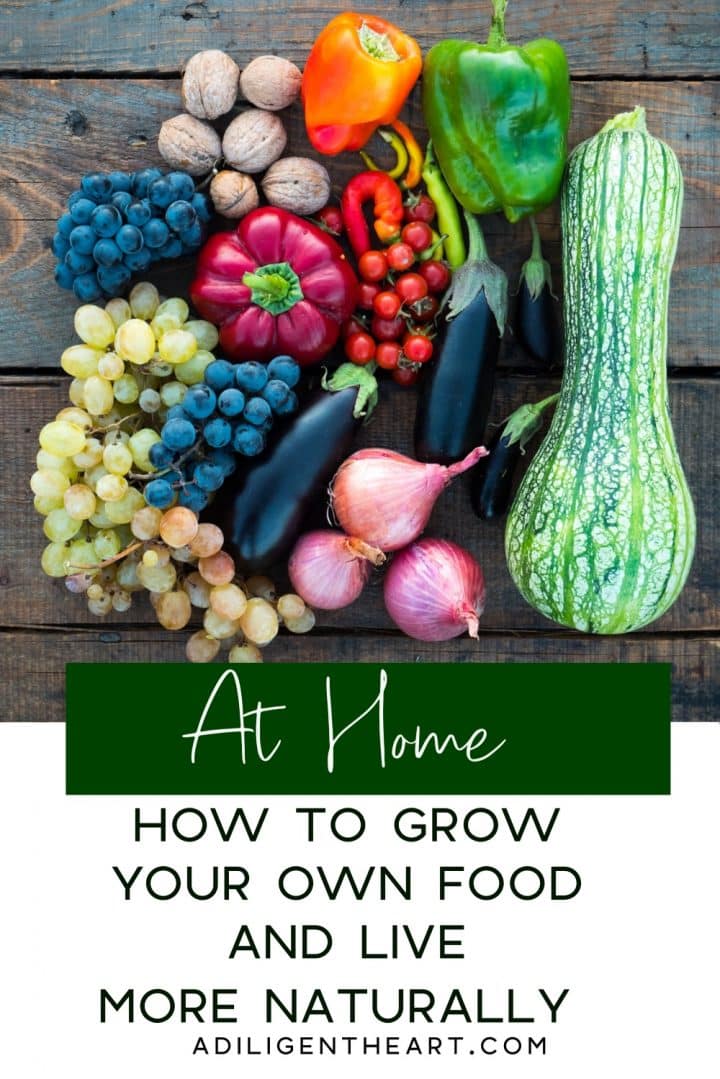
The Benefits of Growing Your Own Food
You may be wondering, what are the benefits of indoor grown vegetables?
Here are some questions that we would ask ourselves before we decide to switch to homegrown gardening, and here are some of the benefits that we could expect.
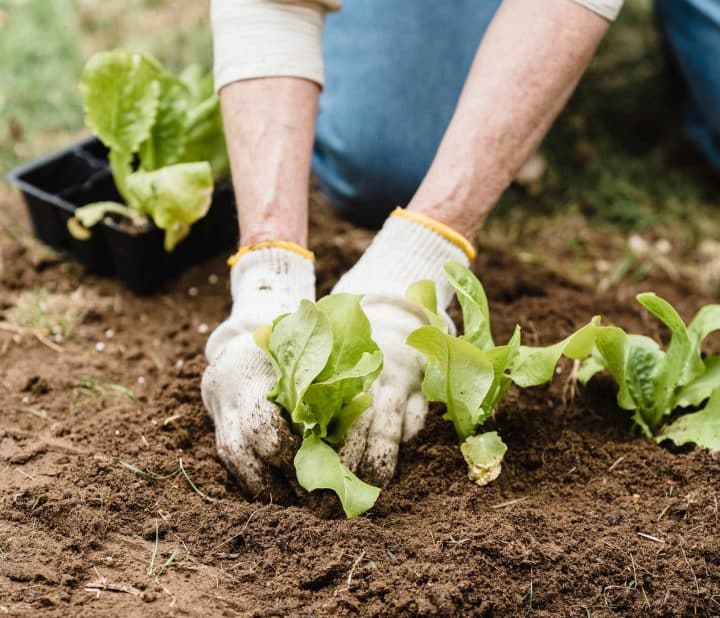
Live Naturally and Save Money
Have you ever asked yourself, “Are homegrown vegetables healthier and cheaper?”
The first benefit you get from growing your food is being able to save some money.
Once you start harvesting your vegetables and fruits, you’ll notice that you will be able to get almost everything you need in your home garden. That means you’ll save money because you don’t need to buy your vegetables and fruits.
Planning to cook some stir-fried vegetables or maybe a craving a garden salad? Just go outside, gather everything you need, and put it in your fridge. You’ll get to eat fresh and you don’t have to spend a dime.

Fewer Trips to the Store
Did you know that you could grow vegetables in small spaces? You can also grow herbs in your kitchen. With instant access to produce and herbs that you grow at home, you might not need as many trips to the grocery store.
You will notice that you no longer need to travel weekly to the grocery store and the farmer’s market just to get what you need.
You Will Enjoy Organic Food
An indoor container garden could help you live healthy by consuming organic food.
Once you realize how much food can be grown in an apartment or your home, you would want to start a bigger garden.
Don’t forget that when you grow your food, you have full control over how you grow them. You can grow it with no pesticides or herbicides, allowing you to have the cleanest, freshest food possible.
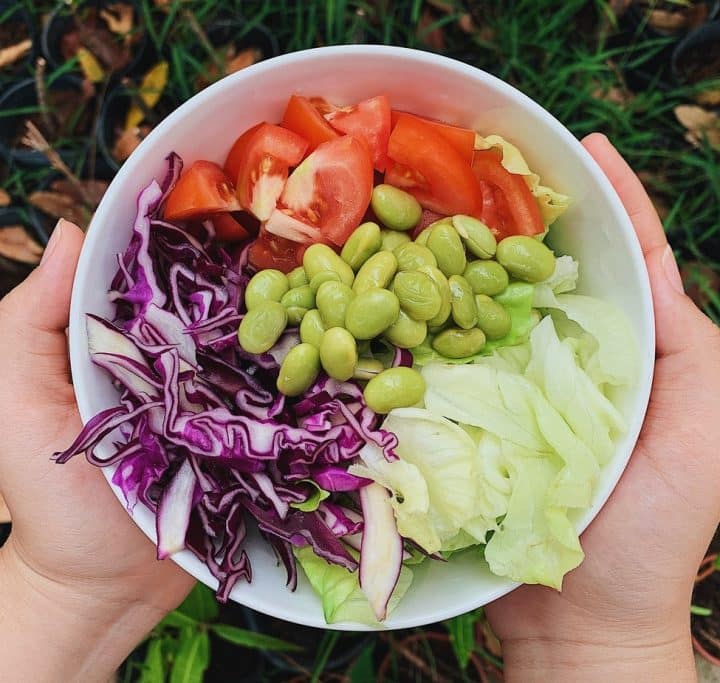
What You Need to Know Before Learning How to Grow Your Own Food
It’s exciting to learn how to grow vegetables in small spaces, but before you begin growing your own food, there are some important things to be aware of.
Growing Your Own Food Will Take Time
You do have to be a little patient when you begin your journey of growing your food and herbs. It would take months before you could harvest and see the results of your hard work. If you want to use your lavender for medicines at home, prepare to wait a few weeks or longer for many other herbs and produce.
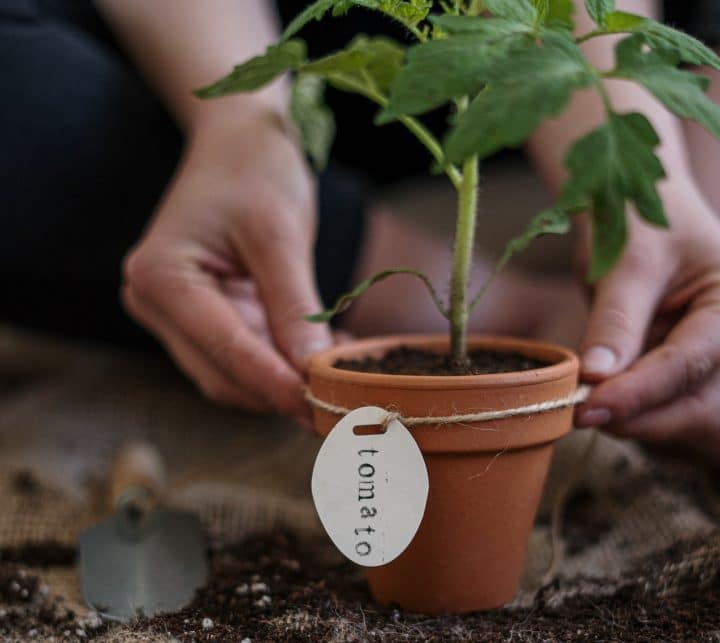
Growing Your Own Food Requires Space
By now, you are probably already aware that you need space to grow your vegetables, herbs, or fruits, right? You can choose to plan either indoors or outdoors, but really think about what this means.
Not only do you need space for the plants, but many seeds and plants can’t be grown near others. You will also have to consider the sunlight, the shade, and the exposure of your plants in extreme weather conditions. This is why the research is so important.
Better to Start Small
Lastly, we want to encourage you to start small and minimal when growing food and herbs. Why is this so?
Because you are just starting, it’s better to choose just a few different varieties, instead of attempting to plant an entire garden full of fruits and veggies right from the start. This is a big transition and might change your lifestyle a bit with all the added care and watering.
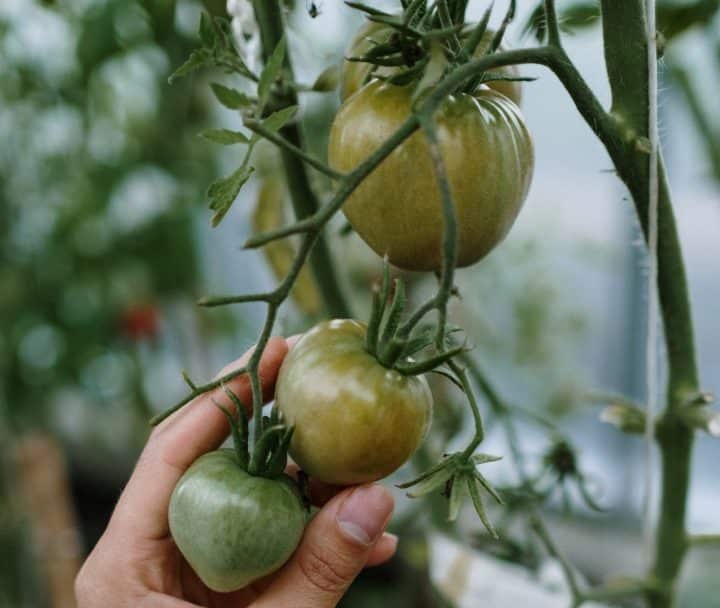
Tips for Getting Started with your Home Garden
Now that you have some background information about how to grow your own food, here are a few tips to help get you started:
Choose Plants That Are Easy to Grow
If this is your first time ever growing anything, it’s best to start with the herbs and plants that are easiest to grow. This includes strawberries, tomatoes, potatoes, garlic, onion, and most herbs.
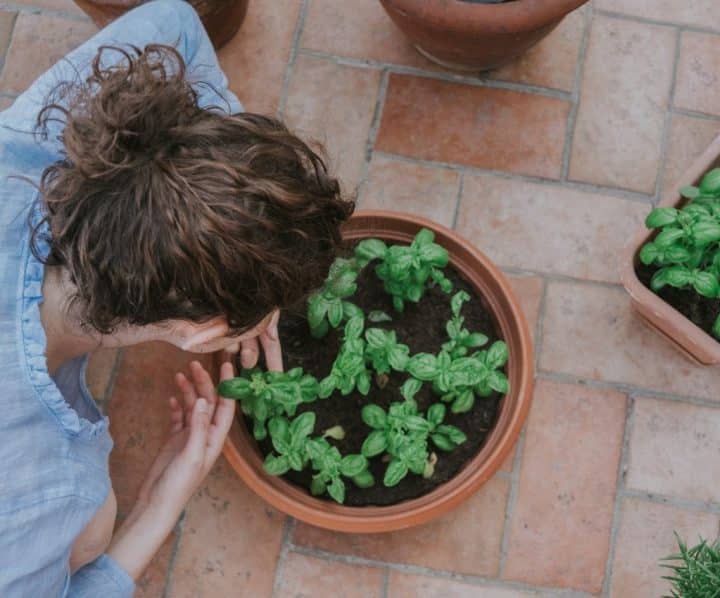
Many Plants Grow Indoors
In some cases where you don’t have a lot of space in your backyard, you can grow tomatoes, lemons, strawberries, and even avocadoes right in your home in containers.
You could also try herbs like basil, oregano, and rosemary. Don’t be afraid to try and see which ones work best for you.
Takeaway
Learning how to grow your own food is an exciting journey.
You get to enjoy so many benefits while enjoying planting and harvesting. The most important thing to remember is to do research and planning, start with easy plants, and go from there.